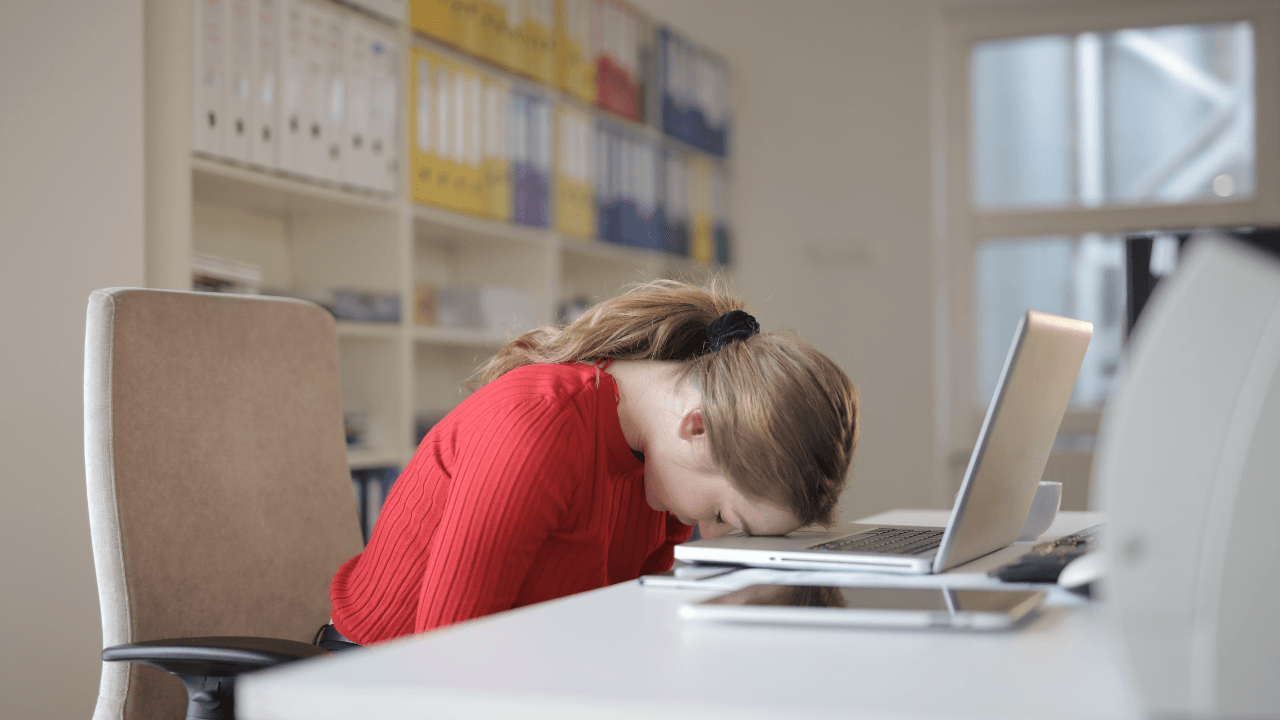
Do you constantly feel tired, even after a full night’s sleep? Struggling with daytime drowsiness or lacking the energy to get through your usual routine? While stress, poor diet, and lack of sleep can contribute to fatigue, there’s often an overlooked culprit behind persistent exhaustion — your hormones.
Let’s dive into the common hormonal causes of fatigue and how you can start feeling more energized again.
Hormones are chemical messengers that regulate everything from your metabolism to your sleep patterns. When they’re out of balance, your body can feel sluggish, foggy, and drained. Here are some of the key hormones that play a major role in your energy:
Cortisol is produced by your adrenal glands and helps regulate your energy throughout the day. It normally follows a rhythm — high in the morning to help you wake up, and low at night to help you sleep.
When cortisol is too low (as seen in adrenal fatigue or burnout), you may feel exhausted and unmotivated all day.
When it’s too high, especially due to chronic stress, it can disturb your sleep and leave you tired and wired.
The thyroid gland produces hormones like T3 and T4, which control how your body uses energy.
Hypothyroidism (underactive thyroid) slows down your metabolism and leads to fatigue, weight gain, depression, and feeling cold all the time. This is a very common and treatable cause of low energy.
When insulin doesn’t work effectively (a condition known as insulin resistance), your blood sugar levels can spike and crash throughout the day. These crashes can leave you feeling sleepy, foggy, and drained.
Fluctuations in estrogen and progesterone, especially during perimenopause, menopause, or after childbirth, can significantly affect energy and mood. Low estrogen can disrupt sleep, and low progesterone may contribute to anxiety and restlessness.
In both men and women, low testosterone levels can result in low energy, poor motivation, and fatigue. If you’ve lost your drive — physically and mentally — it may be worth getting your testosterone levels checked.
Melatonin is responsible for regulating your sleep-wake cycle. If your melatonin production is off due to screen exposure, irregular sleep patterns, or stress, your body may struggle to get restful sleep — leading to grogginess during the day.
Now that we’ve covered the hormonal causes of fatigue, here are practical steps you can take to start feeling more energized:
Start by consulting a healthcare provider who can run tests for cortisol, thyroid hormones, insulin, estrogen, progesterone, testosterone, and melatonin. Identifying the imbalance is the first step to effective treatment.
Maintain a consistent sleep schedule
Avoid screens at least an hour before bed
Keep your bedroom dark and cool
Consider natural supplements like magnesium or melatonin, after checking with your doctor
Chronic stress depletes your cortisol reserves and throws your hormones off balance. Try:
Daily meditation or breathwork
Regular physical activity
Journaling or therapy
Adaptogens like ashwagandha or rhodiola (with medical guidance)
Include healthy fats (avocados, nuts, seeds)
Balance protein with complex carbs
Avoid processed sugar and refined carbs that spike insulin
Stay hydrated
If your fatigue is linked to perimenopause, menopause, or low testosterone, bioidentical hormone therapy may be a safe and effective option. Functional medicine clinics can create personalized treatment plans to restore balance.
Exercise boosts energy, improves insulin sensitivity, and supports hormone balance. But overtraining can increase cortisol and worsen fatigue. Listen to your body and aim for consistency over intensity.
If you’re always feeling sleepy and fatigued, don’t just push through it — your body could be signaling a deeper issue. Hormonal imbalances are a common and often overlooked cause of chronic exhaustion. With the right testing, support, and treatment, you can restore balance and start feeling like yourself again.
At Medi Gyn, we specialize in hormone balancing and personalized wellness programs to help you overcome fatigue and regain your energy. Our team of experts offers comprehensive hormone assessments and effective treatments designed to bring your body back into balance. Don’t wait to feel better — take control of your health today.
Contact Medi Gyn to book your consultation and start your journey toward optimal wellness.
Error: Contact form not found.



